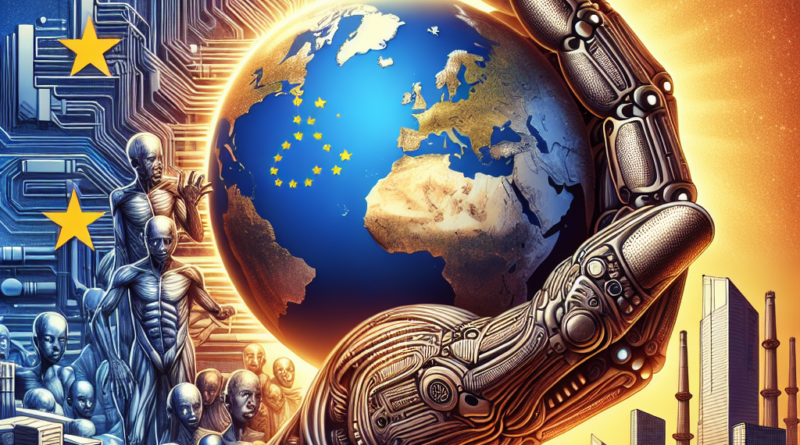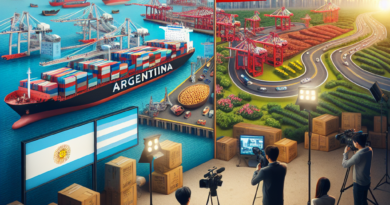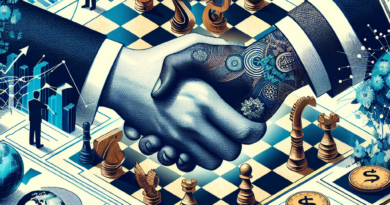The Unforgettable Destiny of Africa: Europe’s Oversight
The Changing Dynamics Between Europe and Africa
Africa, a continent with a rich and complex history, is often overlooked and underestimated by Europe.
As Europe grapples with its internal challenges, it risks turning a blind eye to the significant political shifts taking place across Africa.
From a series of recent coups to upcoming elections involving millions of people in multiple countries, the political landscape in Africa is evolving, distancing itself from European influence.
Shifting Alliances and Power Dynamics
Recent events, such as the ongoing conflict between Ukraine and Russia, have prompted Europe to consider enhancing its military capabilities independently of traditional alliances.
As the United States reevaluates its global commitments, there is a growing discussion in Europe about establishing a coordinated European military force, led by France.
This potential shift signals a broader reconfiguration of power dynamics that could reshape the geopolitical landscape.
Meanwhile, the expansion of NATO and the increasing autonomy of former communist regimes in Eastern Europe have further accentuated the divide between Europe and Russia.
With countries like Sweden and Finland joining the Atlantic Alliance, Russia finds itself surrounded by NATO members from the Baltic Sea to the Black Sea, highlighting the deepening rift between East and West.
Africa’s Evolving Relationships and Independence
In Africa, the traditional ties with former colonial powers are loosening as countries seek new partnerships and assert their independence.
Nations like Algeria are strengthening their relationships with non-European powers like Russia and China, while regional alliances like the BRICS group expand to include new members from the Middle East.
This trend marks a significant geopolitical realignment that challenges Europe’s historical dominance in the region.
Moreover, the economic transformation in sub-Saharan Africa, symbolized by the adoption of the ECO currency, illustrates the continent’s quest for self-reliance and financial sovereignty.
As African nations redefine their relationships with former colonial powers, the cultural and linguistic influences are also evolving, signaling a broader shift away from Eurocentric norms.
The Urgency of Addressing Africa’s Challenges
Despite the promising developments in Africa, challenges like political instability, economic disparities, and mass migration persist.
The rise of groups like ISIS, which exploit social grievances to gain support and challenge state authority, underscores the urgency of addressing governance issues and fostering inclusive development strategies.
As African countries navigate complex transitions and pursue new partnerships, Europe faces a critical juncture in its engagement with the continent.
By embracing a more equitable and collaborative approach, Europe can forge a mutually beneficial relationship with Africa and contribute to a more stable and prosperous future for both regions.




